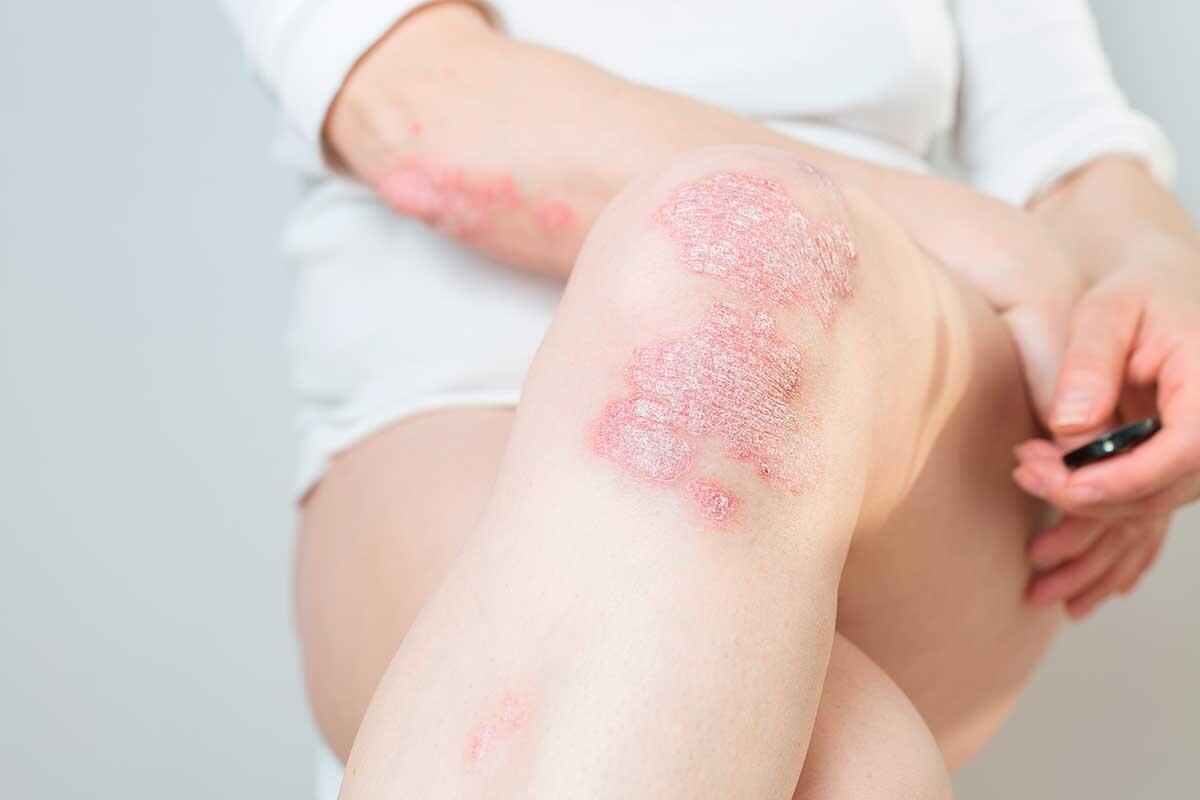Understanding Psoriasis: Causes, Symptoms, and Treatments
Psoriasis is a chronic autoimmune condition that primarily affects the skin, impacting millions of individuals worldwide. Characterized by red, scaly patches, this condition often extends beyond physical symptoms to include emotional and social challenges. At Clinic Consultation, we specialize in providing tailored care to help patients manage and overcome the complexities of psoriasis effectively.
What Is Psoriasis?
Psoriasis is an autoimmune disorder where the immune system mistakenly accelerates the production of skin cells. This leads to an accumulation of cells on the skin's surface, forming thick, scaly patches known as plaques. Psoriasis is not contagious but can run in families, often appearing on the elbows, knees, scalp, and lower back.
There are several types of psoriasis, including plaque, guttate, pustular, inverse, and erythrodermic psoriasis, each with unique symptoms and severity. At Clinic Consultation, we provide accurate diagnoses and personalized treatment plans to address each specific type.
Causes of Psoriasis
While the exact cause of psoriasis remains unknown, it results from a combination of genetic predisposition and environmental triggers.
Genetic Factors
Individuals with a family history of psoriasis are at a higher risk of developing the condition. Specific genes associated with the immune system can increase susceptibility.Environmental Triggers
Factors like stress, infections, skin injuries, weather changes, and certain medications can exacerbate symptoms or initiate flare-ups.
By identifying these triggers, Clinic Consultation helps patients minimize the frequency and intensity of outbreaks, improving overall skin health and quality of life.
Symptoms of Psoriasis
The symptoms of psoriasis can vary in type and severity, but common signs include:
Red Patches with Silvery Scales
These plaques often itch or hurt, significantly affecting the patient’s comfort and daily life.Dry, Cracked Skin
The affected areas may bleed, particularly in high-friction zones like the elbows or knees.
Psoriasis can also affect nails, causing discoloration, pitting, or detachment from the nail bed. Early detection is crucial for effective management, and Clinic Consultation is here to guide patients through this journey.
Effective Treatments for Psoriasis
1. Topical Treatments
Topical corticosteroids, vitamin D analogs, and moisturizers are commonly prescribed for mild to moderate psoriasis. These treatments reduce inflammation, itching, and plaque formation.
2. Phototherapy
Controlled exposure to ultraviolet B (UVB) light can help reduce psoriasis symptoms by slowing down the overproduction of skin cells. This non-invasive treatment requires close medical supervision.
3. Systemic Medications
For severe cases, oral or injectable medications like biologics target the immune system to reduce inflammation. At Clinic Consultation, we offer comprehensive evaluations to determine the most suitable treatment for each patient.
Managing Psoriasis Holistically
In addition to medical treatments, adopting healthy lifestyle habits can play a significant role in managing psoriasis:
- Stress Management
Practices like yoga, mindfulness, and regular exercise can reduce stress, a known trigger for psoriasis flare-ups. - Healthy Diet
Anti-inflammatory foods, such as omega-3-rich fish, fruits, and vegetables, can support overall skin health. - Skin Care Routines
Gentle, fragrance-free skincare products can help maintain skin hydration and prevent irritation.
Our team at Clinic Consultation provides holistic guidance to ensure that patients achieve long-lasting relief and a better quality of life.
When to Seek Professional Help
Untreated psoriasis can lead to complications, including psoriatic arthritis, depression, and infections. If you notice persistent symptoms that interfere with your daily activities or mental well-being, it is essential to consult a healthcare professional.
At Clinic Consultation, our dermatologists and specialists are equipped to provide advanced treatments and empathetic support to patients dealing with psoriasis.
Conclusion
Psoriasis is a complex condition, but with the right treatment and support, it can be effectively managed. At Clinic Consultation, we are committed to helping you achieve healthier skin and improved well-being. If you’re experiencing symptoms of psoriasis, schedule an appointment today and take the first step towards effective management and relief.
